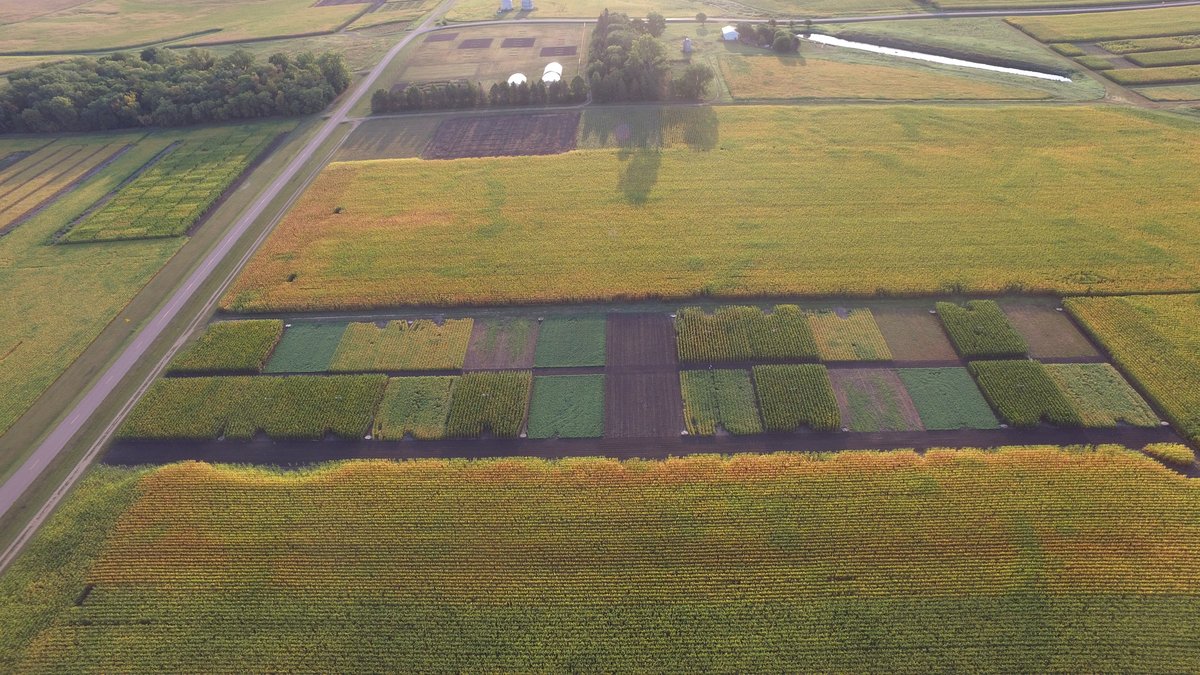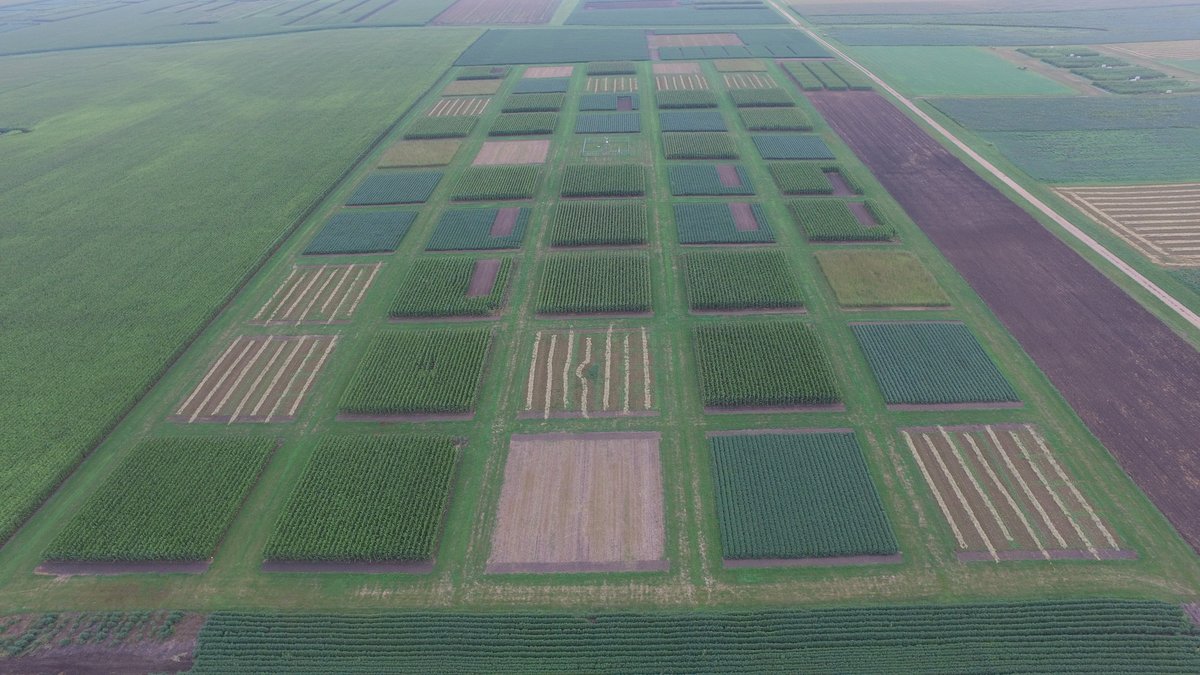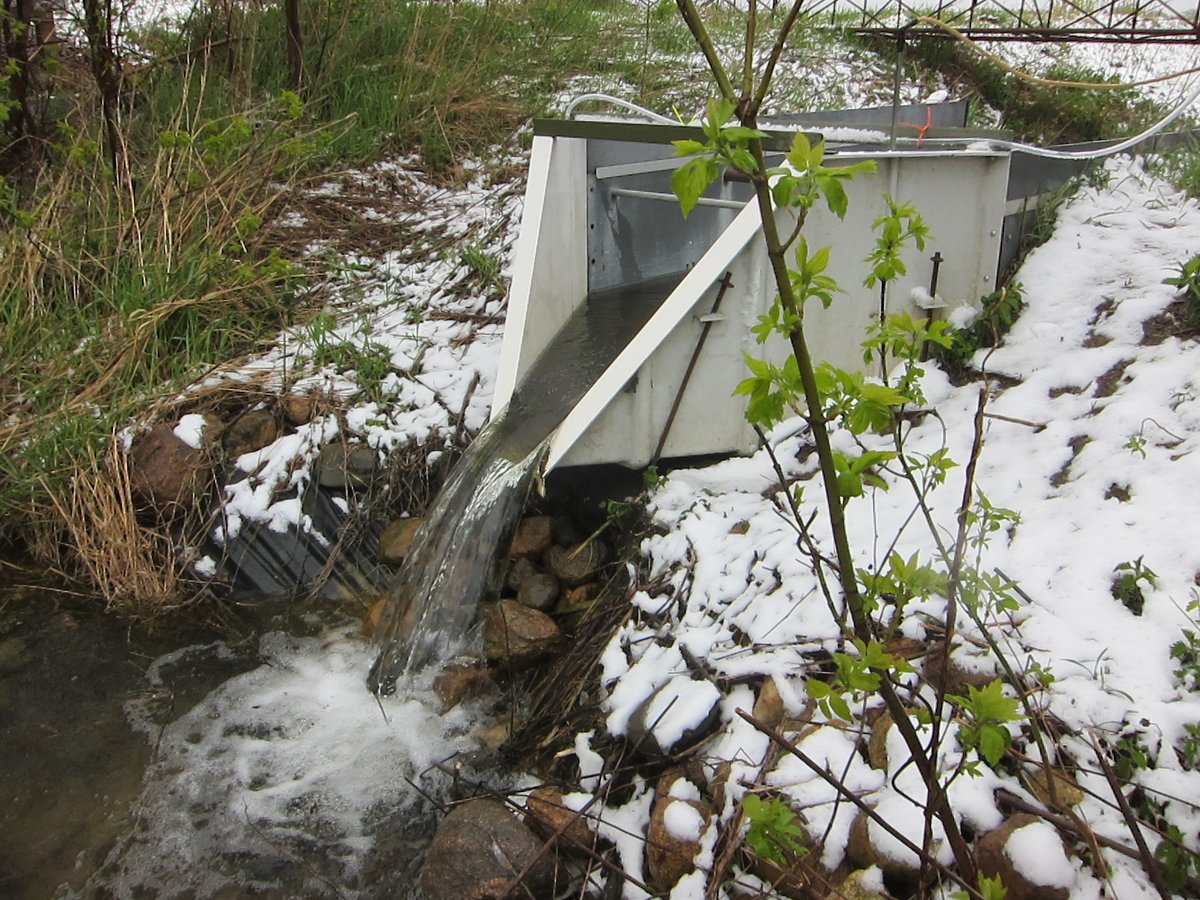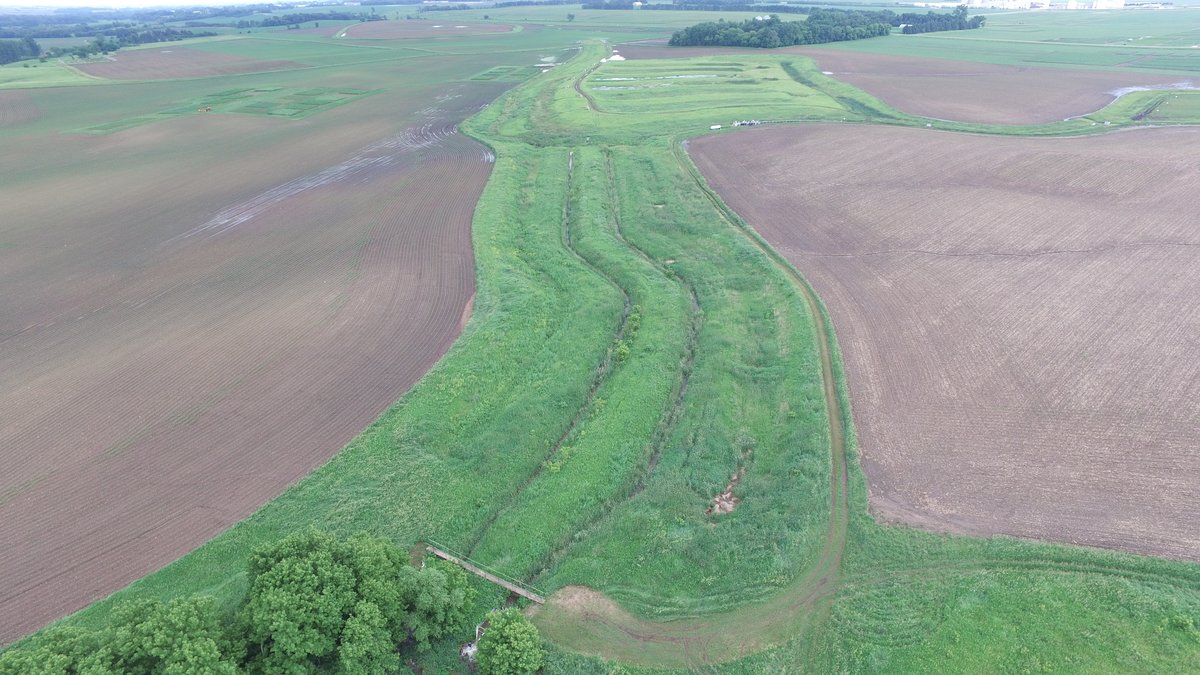Soil, cropping systems, and agricultural water management research at the SWROC primarily focuses on understanding soil hydrologic function driven by the hydrologic cycle and its interaction with soil, plants, and water management. The purpose of our research is to improve the agricultural management practices and productivity while protecting and improving the quality of the soil, air, and water.
Our field-based research aims to develop practices that reduce offsite nutrient mobility and improve water and nutrient use efficiency and crop yield. All projects address production needs and quantify and mitigate negative off-site environmental impacts. We combine agronomic, ecological, and engineering approaches to guide soil and water resource management decisions.
SWROC agricultural water management and conservation projects include:
- Drainage water management
- In-field
- Edge-of-field
- Beyond-the-field
- In-ditch management
- Cropping system impacts and interactions on soil and water
- Cropping systems
- Crop rotational diversity
- Cover cropping
- Tillage Management
- Cropping systems
Collaboration is an essential part of our research. We collaborate statewide with colleagues throughout the University of Minnesota system as well as researchers at other universities and institutions. We also work directly with producers, agencies, communities, and resource advisors to deliver research-based education that increases knowledge and provides management solutions.
Minnesota Long-Term Agricultural Research Network (LTARN)
The SWROC is also a site for the Minnesota Long-Term Agricultural Research Network (LTARN). This research project has three total site locations in the state; here in Lamberton, at the Southern Research & Outreach Center (SROC) in Waseca, and at the North Central Research & Outreach Center (NCROC) in Grand Rapids.
Our LTARN cropping systems research investigates how crop diversity can be used to reduce risk across various landscapes and scales. Data collected is used to understand the source of variability in production output. We also utilize the data to establish guidelines for cropping system choices that improve production output and efficiency, while also addressing environmental and ecological considerations.
The LTARN is an outcome-based research, outreach, and education entity that provides for a coordinated approach to agricultural research that is geographically scalable, systems-oriented, multidisciplinary, and guided by a common vision.
Educational Resources & Diagrams
Soil & Water Management Field Day
Soil and Water Management Field Day is a tri-annual inter-institutional event designed to highlight progress on soil and water management research. The objective of these field days is to convene farmers, researchers, stakeholders, and practitioners to interact on issues related to soil and water management for productivity and environmental enhancement. Watch the 2020 Soil & Water Management Field Day below.





